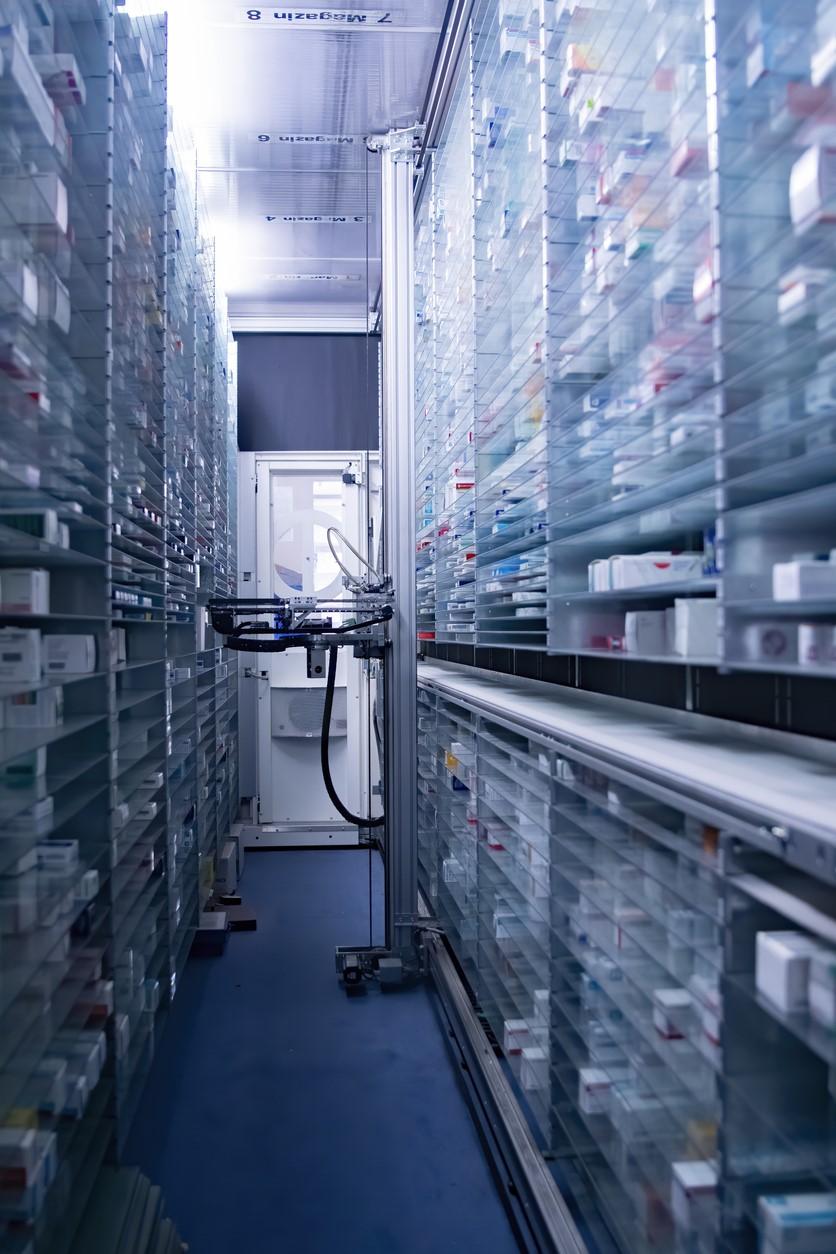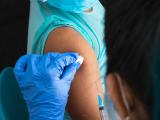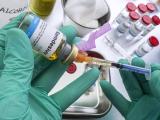Seven of 10 US physicians say that the COVID-19 pandemic has heightened drug supply chain problems, limiting their ability to provide quality patient care, according to a new US Pharmacopeia (USP) survey.
"Physicians on the front lines observed the impact first-hand, navigating shortages in medicines, personal protective equipment and other supplies, on top of the demands of providing care to an unprecedented volume of patients," USP, an independent global scientific organization, said in the survey report.
On behalf of USP, Ipsos conducted the online survey of 500 board-certified physicians who work for or are affiliated with a US hospital system from Sep 14 to 30, 2021.
73% have less trust in drug quality
Nearly all doctors (95%) said that the COVID-19 pandemic revealed drug supply chain vulnerabilities, 90% said that the global supply chain may not be reliable in a crisis, and 73% said their trust in its ability to supply safe, quality medications has been eroded.
While 71% of respondents said that they have become more concerned about drug quality in recent years, and 73% indicated that medication-related safety issues have risen, 72% said they continue to trust that each supply chain component has safety protocols to protect patient safety.
Eighty-three percent of physicians said drug shortages have become a bigger issue in recent years, 78% said they knew of shortages of drugs patients needed amid the pandemic, and 80% indicated that their hospitals faced the risk of shortages at times.
Among doctors working in vulnerable communities, 37% said that drug shortages resulted in poor patient outcomes "often" or "sometimes," compared with 29% of those working in more well-resourced areas. Physicians working in underserved communities were also more likely than others to recommend non-drug alternatives amid shortages in the previous 18 months (32% vs 23%).
During drug shortages, 41% of survey respondents said that they personally limited prescriptions to only drugs considered absolutely necessary, and 39% said they reserved treatments for only the most severely ill patients. Nearly all doctors (94%) cited misinformation on the Internet, social media, and news outlets as barriers to their ability to provide quality patient care.
Many sectors, entities share responsibility
Eighty-three percent of respondents said that the United States relies too much on drugs manufactured in other countries, 62% said that the overreliance on foreign manufacturers is one of the biggest contributing factors to drug shortages, and 90% said more drugs need to be made domestically.
Most physicians said responsibility for ensuring drug supply chain resilience lies with a variety of national and international entities, including pharmaceutical companies, pharmaceutical wholesalers and distributors, health insurance companies, the World Health Organization, and local, state, and national governments.
USP said it is meeting with health and science organizations starting this month to work on solutions to drug supply chain issues and, with other healthcare groups, has developed recommendations to improve the structure and function of the US Strategic National Stockpile and boost international cooperation in strengthening the supply chain.
"The challenges today are bigger than any one group can solve, so it is important for us to work together," Ronald Piervincenzi, PhD, USP chief executive officer, said in a news release. "Together with stakeholders across the healthcare ecosystem, USP works to support supply chain resilience and trust in medicines through public quality standards, which are an essential part of the solution."




















